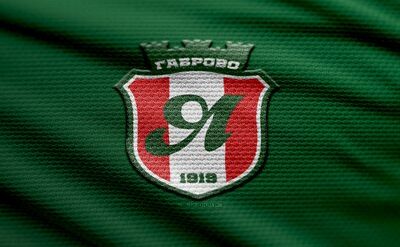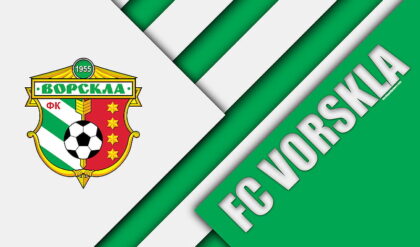Everton FC is not just a football club; it’s a symbol of rich heritage, passionate fandom, and unwavering loyalty in the world of sports. Founded in 1878, the club has transcended time to become one of the most storied teams in English football history. Its journey through triumphs, challenges, and legendary players has shaped its identity as a cornerstone of the sport. This blog post delves into the intricate tapestry of Everton FC’s history and legacy, exploring every facet that makes the Toffees a beloved institution in the hearts of fans across the globe u888.
The Early Years: Formation and Initial Success
The inception of Everton FC can be traced back to the late 19th century, a period ripe with industrial growth and burgeoning community spirit. From humble beginnings at St. Domingo’s Church, the team quickly found its footing to become one of the founding members of the Football League in 1888. Understanding the early days of Everton FC offers us insight into how the foundations of the club were laid.
Origins at St. Domingo’s Church
In 1878, a group of churchgoers from St. Domingo’s Church created a football team primarily to provide a recreational activity for local youngsters. The beauty of this origin story lies in the communal aspect, where the game brought people together, fostering an environment of teamwork and unity.
As the years progressed, the name changed to Everton Football Club, and the team began competing against local clubs. The initial matches were played on fields that could scarcely be called pitches, yet the passion and dedication exhibited by the players resonated deeply within the emerging football culture.
Rise to Prominence
By the 1890s, Everton FC had established itself as a formidable force within English football. The Toffees won their first league title in the 1890-91 season, setting the stage for future successes. This achievement marked the beginning of a golden era for the club, characterized by skilled players who would etch their names into the annals of football history.
The early victories were fueled not only by talent but also by innovation in football tactics. Managers like William Edward Barclay began implementing strategies that would eventually contribute to the modern game we know today. The blend of local talent and forward-thinking management allowed Everton FC to flourish during this transformative period.
The Evolution of Goodison Park
Another pivotal moment in the club’s early years was the move to Goodison Park, which happened in 1892. The ground became synonymous with the club’s identity, and it remains one of the oldest active grounds in football. The atmosphere at Goodison Park became legendary, creating a fortress where the Toffees could thrive.
The evolution of Goodison Park reflected the broader changes in football during this time. The introduction of covered stands and improved facilities demonstrated a commitment to enhancing the fan experience and signaling Everton FC’s ambition to become a top-tier club.
The Glory Years: Dominance in English Football
As the 20th century unfolded, Everton FC experienced dominant success, particularly in the mid-century. The Toffees carved a reputation as one of the leading teams in England, winning numerous domestic titles and achieving European recognition. Understanding this era showcases how Everton FC truly embodied the spirit of competition and excellence.
Memorable Triumphs
The 1960s stand out as a particularly glorious period for Everton FC, highlighted by players such as Alan Ball, who played a vital role in the team’s success. The Toffees clinched league titles and FA Cups during this decade, establishing a legacy of skillful play and strategic brilliance.
The mid-1980s witnessed another surge in success, as Howard Kendall guided the team to remarkable heights. Winning the league title consecutively in 1985 and capturing the FA Cup showcased the club’s resilience and adaptability in an evolving football landscape. These moments are often celebrated by fans as defining memories in the club’s storied history.
Star Players and Their Impact
Star players have always been the lifeblood of any successful football club, and Everton FC is no exception. Names like Dixie Dean and Neville Southall resonate deeply with fans, not only for their exceptional skills but also for their embodiment of the club’s values.
Dixie Dean stands as a colossal figure in Everton’s history, known for his incredible goal-scoring abilities. His legacy continues to inspire generations of fans and young players alike. Meanwhile, Neville Southall earned accolades as one of the best goalkeepers of his generation, showcasing incredible talent that made him a fan favorite during his tenure with the club.
Rivalries and Cultural Significance
During these glory years, rivalries flourished, particularly with Liverpool FC. The Merseyside Derby became a staple of English football, encapsulating the fierce competition that defines the sport. The significance of this rivalry extends beyond the pitch; it represents cultural divides and community pride in the city of Liverpool.
The passion displayed during these matches creates an electric atmosphere, with fans deeply invested in the outcome. This sense of community and belonging underscores the importance of Everton FC in the lives of its supporters, solidifying its place in the fabric of Liverpool’s cultural landscape.





